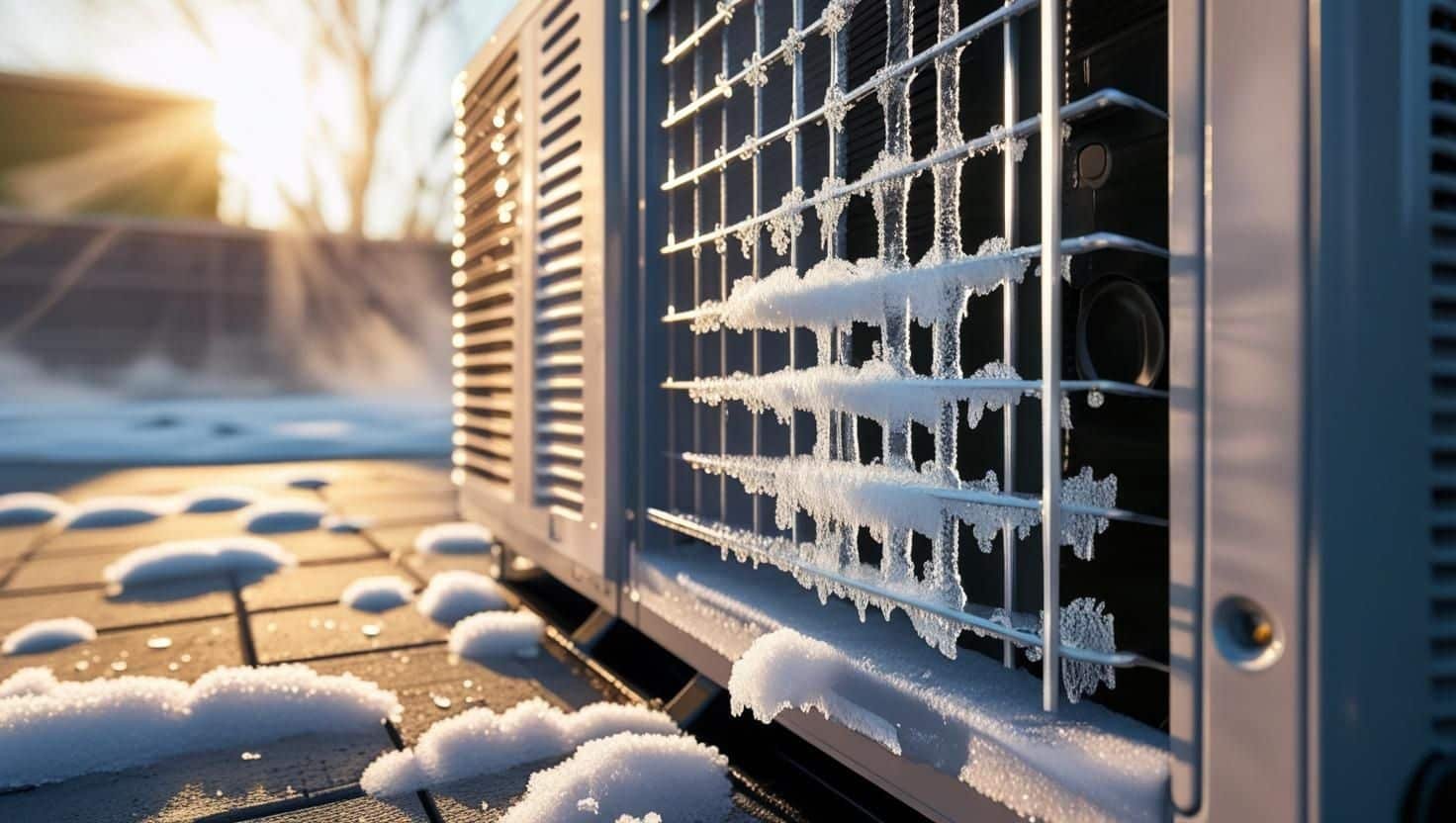Discovering that your AC unit is frozen can be a shocking revelation, especially during the scorching summer months. But fear not, as there are steps you can take to address this issue and get your cooling system back up and running efficiently. In this comprehensive guide, we will explore the causes of a frozen AC unit, the potential consequences if left untreated, and most importantly, what you can do to remedy the situation.
Understanding the Causes of a Frozen AC Unit
Before delving into the solutions, it’s crucial to understand why your AC unit may be freezing up. One common cause is restricted airflow, which can be a result of dirty air filters, blocked vents, or obstructed ductwork. Low refrigerant levels or a malfunctioning thermostat can also contribute to the formation of ice on your unit’s coils.
Restricted Airflow:
Restricted airflow is a common culprit behind a frozen AC unit. Dirty air filters can restrict the amount of air that flows over the evaporator coils, leading to a drop in temperature and potential ice formation. Blocked vents or ductwork can also impede airflow, causing the same issue. Regularly checking and replacing air filters, clearing vents, and inspecting ductwork for leaks are essential maintenance tasks to prevent airflow restrictions.
Low Refrigerant Levels:
Low refrigerant levels can disrupt the heat transfer process in your AC unit, leading to a drop in temperature and ice formation on the coils. If you suspect a refrigerant leak, it’s crucial to contact a licensed HVAC technician to diagnose and fix the issue. Attempting to add refrigerant yourself without addressing the underlying cause can lead to further problems.
The Dangers of a Frozen AC Unit
Ignoring a frozen AC unit can have serious consequences for your cooling system. As ice accumulates on the coils, it restricts airflow and forces the system to work harder to maintain the desired temperature. This increased workload can lead to higher energy consumption, potential damage to the compressor, and in severe cases, a complete system breakdown. Addressing a frozen AC unit promptly is crucial to prevent costly repairs and ensure the longevity of your cooling system.
What To Do If Your AC Unit Is Frozen
1. Turn Off the AC:
When you discover that your AC unit is frozen, the first step is to turn off the system to prevent further damage. Allowing the ice to thaw completely is essential before attempting any repairs or maintenance.
2. Check Air Filters:
Inspect the air filters for dirt and debris, and replace them if they are clogged. Clean filters promote proper airflow and prevent the coils from freezing up. Consider using high-efficiency filters to improve air quality and reduce the risk of future freezing issues.
3. Clear Obstructions:
Ensure that all vents are open and unblocked to allow for unrestricted airflow. Remove any furniture, curtains, or other items that may obstruct the airflow around the indoor unit. Similarly, clear any debris or vegetation around the outdoor unit to maintain proper ventilation.
4. Thaw the Unit:
Allow the AC unit to thaw naturally by turning off the system and letting it sit for several hours. You can also use a gentle fan to help speed up the thawing process, but avoid using heat sources or sharp tools to remove the ice, as this can damage the coils.
5. Schedule a Professional Inspection:
If the issue persists or if you suspect low refrigerant levels, it’s best to contact a qualified HVAC technician for a thorough inspection. A professional can identify the root cause of the problem and recommend the appropriate repairs to restore your AC unit to optimal performance.
Preventing Future Freezing Issues
Regular maintenance is key to preventing your AC unit from freezing up in the future. Here are some additional tips to keep your cooling system running smoothly:
- Change air filters every 1-3 months to ensure proper airflow
- Keep vents clear of obstructions to maintain consistent airflow
- Schedule annual maintenance with a professional HVAC technician to detect and address any issues before they escalate
Conclusion
Dealing with a frozen AC unit can be a frustrating experience, but with the right knowledge and actions, you can address the issue effectively. By understanding the causes, taking preventative measures, and seeking professional help when needed, you can keep your cooling system in optimal condition and avoid future freezing episodes. Remember, regular maintenance and prompt action are key to ensuring your AC unit operates efficiently and keeps you comfortable throughout the hottest months of the year.

